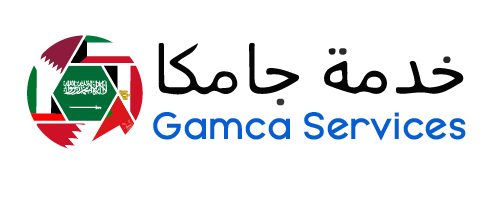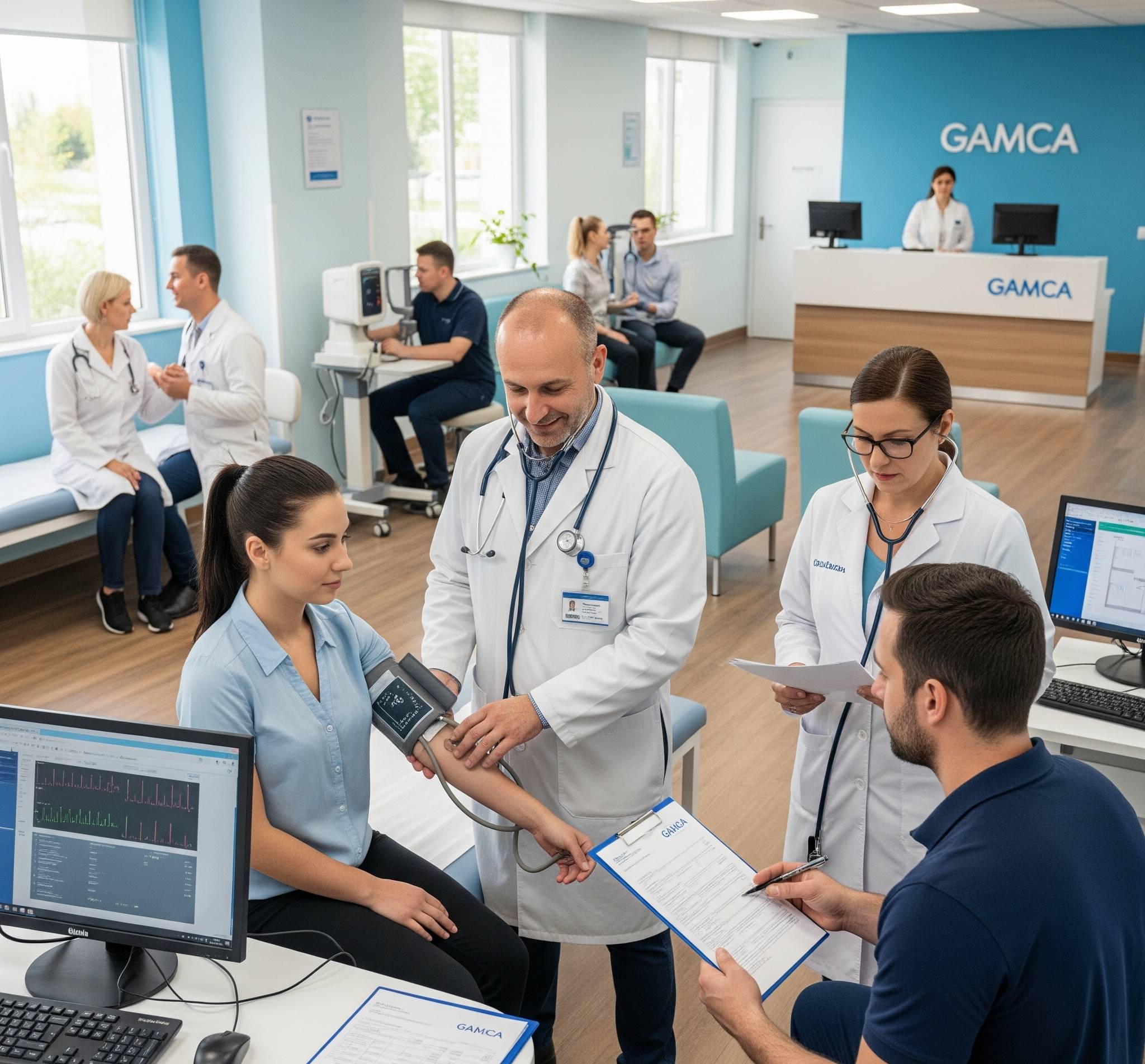
For healthcare workers, including nurses, doctors, and allied health personnel, the GAMCA medical examination entails the usual thorough screening but, because of the nature of their jobs, is frequently subject to extra stringent and specialized standards.
The GCC countries enforce strict safeguards to guarantee that healthcare personnel do not represent a danger of spreading infectious diseases because they have direct patient contact.
Here are the specific requirements and key considerations for nurses and other healthcare professionals undergoing the GAMCA medical exam:
1. Enhanced Screening for Infectious Diseases
While the general GAMCA test screens for major communicable diseases, healthcare professionals often face a more rigorous check, with a near-zero tolerance policy for many infectious agents.
|
Hepatitis B & C
|
Negative/Non-Reactive Status is Mandatory.
|
Essential to prevent transmission to patients and other staff in clinical settings. Chronic or active infection may lead to rejection. |
|
HIV/AIDS
|
Negative/Non-Reactive Status is Mandatory.
|
Standard requirement for all applicants, but particularly critical for patient-facing roles. |
|
Tuberculosis (TB)
|
Chest X-ray must be completely clear.
|
Evidence of active TB or old TB scars/lesions (fibrosis, calcification) is a common cause for being declared ‘Unfit,’ as it indicates a potential risk of reactivation. |
|
Syphilis
|
Negative/Non-Reactive Status is Mandatory.
|
Tested via Serology (e.g., VDRL/TPHA). |
2. Mandatory Vaccination Requirements (Hepatitis B)
Many GCC countries, particularly the UAE (Abu Dhabi), for certain visa categories, now mandate compliance with Hepatitis B vaccination requirements for healthcare sector workers.
- Proof of Immunity: You may be required to show proof of having received a full course of the Hepatitis B vaccine (three doses).
- Titer Report: Alternatively, you may need a Hepatitis B Titer Report (an HBsAb test) demonstrating a sufficient level of immunity/antibodies.
- Local Compliance: In some cases, to ensure authenticity and compliance with local standards, the country may require the vaccination and/or titer report to be obtained from within the GCC country after arrival, or for foreign reports to be formally authenticated/attested.
3. Occupational Fitness and Mental Health
Healthcare roles are physically and psychologically demanding. The medical criteria ensure that the applicant is fit to handle the pressures and duties of the profession.
- Physical Fitness: The general physical examination ensures the applicant is free from any physical disability, congenital abnormalities, or chronic conditions that would impair their ability to perform strenuous job duties (e.g., lifting patients, being on their feet for long shifts).
- Mental Fitness: Applicants must be free from severe mental health disorders (e.g., active psychosis, severe unmanaged depression, or other neurological diseases like unmanaged epilepsy) that could compromise patient safety or professional judgment.
4. Professional Licensing Precedes GAMCA
It is vital to understand that the GAMCA medical clearance is just one part of the process. For nurses and healthcare professionals, securing a job offer and passing the professional licensing exam is often a parallel or prerequisite step.
- Licensing Exams: Before you can work, you must be successfully registered with the relevant health authority, such as:
-
- Saudi Arabia: Saudi Commission for Health Specialties (SCFHS) exam.
- UAE: Department of Health (DoH) for Abu Dhabi, Dubai Health Authority (DHA) for Dubai, or Ministry of Health and Prevention (MOHAP) for the Northern Emirates.
- Qatar: Qatar Council for Healthcare Practitioners (QCHP) exam.
Your employer will only initiate the visa and GAMCA process after you have cleared these professional hurdles.
Summary Advice for Applicants
- Check Immunization Status: If you do not have a full Hepatitis B vaccination record, get vaccinated well in advance of your exam.
- Obtain a Good Standing Certificate (GSC): This professional document is critical for licensing and attests to your ethical and professional history.
- Verify with the Employer: Always ask your prospective employer or recruitment agency for the exact list of medical tests they or their country’s health authority requires, as there can be subtle variations between the six GCC nations.



